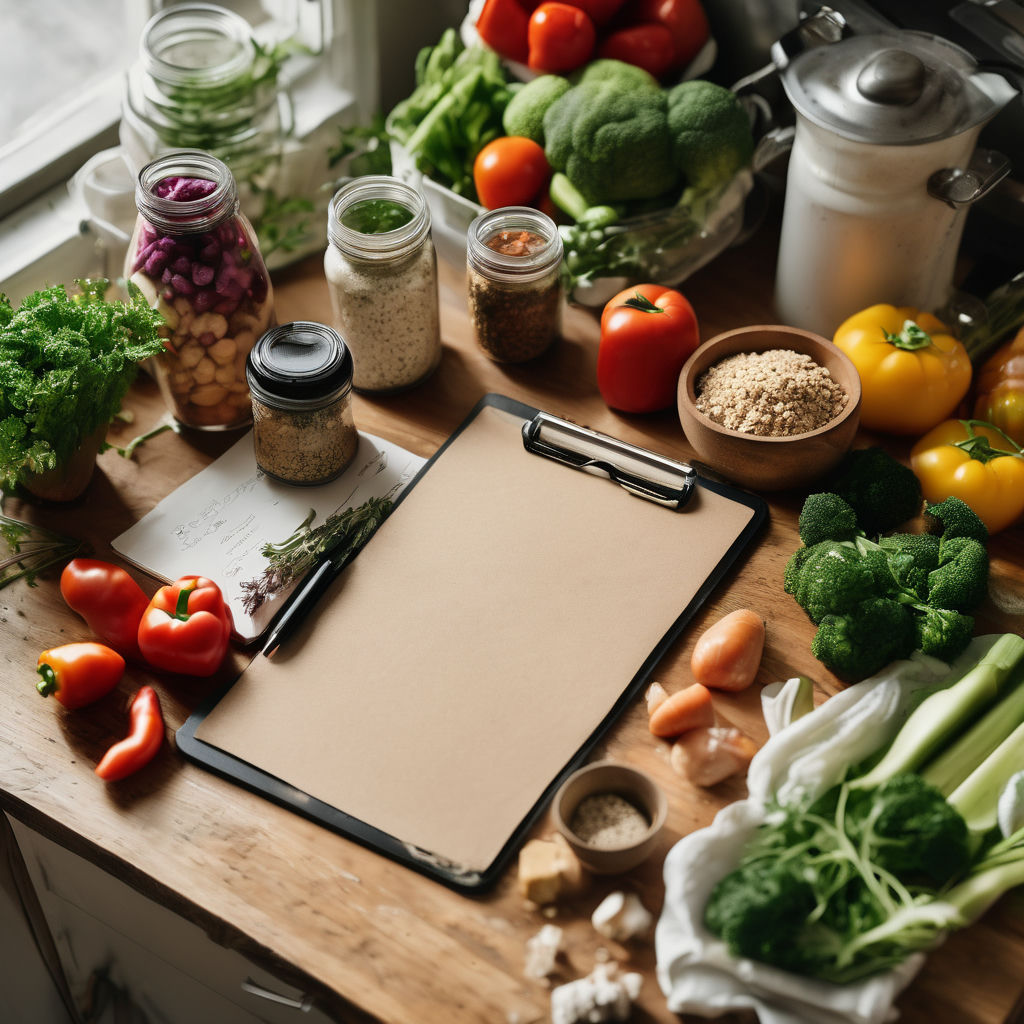
Smart Meal Planning: How AI Takes the Stress Out of Weekly Menus
The Weekly Meal Planning Struggle
Let's be honest: planning meals for the week is exhausting. You're juggling dietary preferences, ingredient availability, cooking skill levels, and the constant question of "what are we eating tonight?" By Wednesday, you've likely abandoned your plan and ordered takeout instead.
The traditional approach to meal planning involves browsing countless recipes, cross-referencing ingredients, manually creating shopping lists, and hoping you actually have time to cook. It's no wonder so many of us find the process frustrating.
How AI Simplifies Weekly Meal Planning
An AI meal planner changes everything by automating the decision-making process. Instead of spending hours researching recipes, you simply tell the AI your preferences, dietary restrictions, available ingredients, and how much time you have to cook. The system then generates personalized meal suggestions tailored specifically to your needs.
This technology learns from your choices over time. If you always skip fish recipes or prefer one-pan dinners, the AI remembers. It adapts to your family's evolving tastes and your schedule's changing demands. What took hours of planning now takes minutes.
Practical Benefits Beyond Time-Saving
Reduced Food Waste – When your meals are planned around ingredients you already have, you buy less and use more. An AI meal planner can suggest recipes that incorporate items already sitting in your pantry, turning "what should we do with these vegetables?" into inspiration rather than frustration.
Smarter Nutrition – The best AI tools provide nutritional information for every recipe, helping you track calories, macros, and micronutrients without obsessive counting. You make informed choices while still enjoying variety and flavor.
Budget-Friendly Cooking – Planned meals mean fewer impulse purchases and less food waste. You're buying intentionally, which naturally reduces your grocery bill. The AI can even suggest budget-friendly recipes when you're trying to save money.
Less Decision Fatigue – Having a structured plan eliminates daily "what's for dinner?" stress. You know exactly what you're making, what ingredients you need, and roughly how long preparation will take. This simple clarity makes weeknight cooking feel less overwhelming.
The Pantry-to-Plate Connection
The most effective AI meal planning systems integrate with pantry management. You input what you have on hand, and the AI prioritizes recipes using those ingredients. This creates a seamless workflow: track your pantry, get personalized recipe suggestions, add items to your smart shopping list, and cook meals that align with what you already own.
This approach is particularly valuable for busy professionals and families managing multiple schedules. Rather than planning elaborate meals that require a second job just to shop for them, you work within your actual constraints.
Making AI Work for Your Kitchen
Start by being specific about your preferences. The more you tell an AI meal planner about your likes, dislikes, dietary needs, and time constraints, the better it serves you. Don't be vague – detail matters.
Update your pantry regularly so suggestions remain relevant. Even basic tracking prevents the AI from suggesting recipes that require ingredients you'll need to buy anyway.
Give the system time to learn. The first week of suggestions might feel generic, but as the AI learns your patterns, recommendations become increasingly personalized and useful.
Moving Forward
Weekly meal planning doesn't have to drain your energy or dominate your Sunday afternoon. By leveraging AI technology, you can create customized meal plans that actually match your life – your schedule, your preferences, your budget, and your ingredient inventory.
The future of home cooking isn't about becoming a professional chef. It's about working smarter, reducing waste, and enjoying the process of feeding yourself and your family without unnecessary stress. An AI meal planner helps you do exactly that.